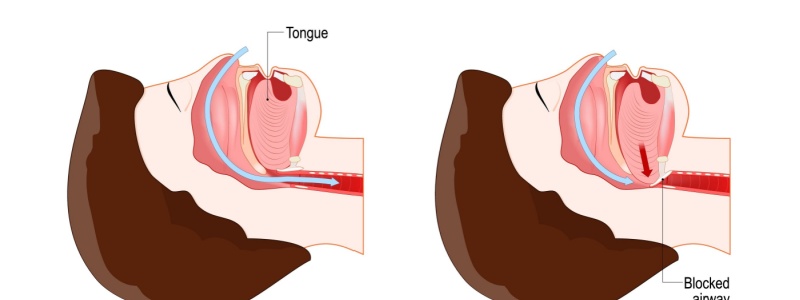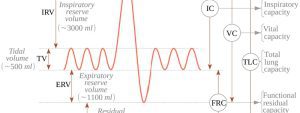At Care Net Consultants, we understand how important it is for you to get a good night’s sleep. But if you have sleep apnea, your sleep might be constantly interrupted, affecting your rest and lung health. Sleep apnea is a condition that causes breathing to stop and start repeatedly during sleep, which can lead to serious health issues, including problems with your lungs.
Let’s examine how sleep apnea affects lung function and explore treatment options to help you breathe more easily and improve your overall health.
What Is Sleep Apnea?
Sleep apnea is a sleep disorder that disrupts your breathing while you sleep. There are two main types:
Obstructive Sleep Apnea (OSA) is the most common type, caused by a blockage in the upper airway. When the muscles at the back of your throat relax too much during sleep, they can block airflow and cause breathing pauses.
Central Sleep Apnea (CSA) occurs when the brain doesn’t send proper signals to the muscles that control breathing.
These repeated breathing pauses (called apneas) can last from a few seconds to a minute, and they often wake you up, sometimes without you even realising it.
How Sleep Apnea Affects Lung Health
If you have sleep apnea, your lungs are directly impacted by the disruptions in your breathing. Here’s how:
Reduced Oxygen Levels: When you stop breathing, your body gets less oxygen, and this can put stress on your lungs. Over time, the lack of oxygen can contribute to lung issues like high blood pressure in the lungs (pulmonary hypertension) and worsen any existing lung conditions, such as asthma or chronic obstructive pulmonary disease (COPD).
Increased Risk of Lung Diseases: Sleep apnea can also increase the risk of developing lung problems. Disrupted breathing may cause constant strain on the lungs and cardiovascular system, which can lead to long-term damage.
Strain on Respiratory Muscles: Because sleep apnea makes breathing less efficient, your lungs and the muscles that help you breathe (like your diaphragm) must work harder. This extra effort can tire out your respiratory muscles, making breathing more difficult.
Treatment Options for Sleep Apnea
If you have sleep apnea, the good news is that effective treatments are available to help improve your breathing and protect your lung health.
- CPAP Therapy
Continuous Positive Airway Pressure (CPAP) therapy is the most common treatment for sleep apnea. A CPAP machine delivers a steady flow of air through a mask you wear while sleeping. This constant airflow keeps your airways open, preventing the pauses in breathing that cause oxygen levels to drop.
Using a CPAP machine regularly can improve your lung function, reduce the strain on your respiratory muscles, and ensure that your body gets enough oxygen while you sleep.
- Lifestyle Changes
Lifestyle changes can also help manage sleep apnea and protect your lungs. Here are a few tips:
Maintain a Healthy Weight: Being overweight increases the risk of obstructive sleep apnea. Losing weight can reduce the pressure on your airways and improve your breathing during sleep.
Sleep on Your Side: Sleeping on your back can make it easier for your airway to become blocked. Try sleeping on your side to keep your airways more open.
Avoid Alcohol and Sedatives: Alcohol and sedatives relax the muscles in your throat, making it more likely that your airway will become blocked. Limiting these substances, especially before bed, can improve your sleep quality.
- Dental Devices and Surgery
In some cases, a dental device that repositions your jaw can help keep your airway open during sleep. For more severe cases of sleep apnea, surgery may be recommended to remove excess tissue or correct structural issues in the airway.
Sleep apnea can seriously impact lung health, but with the right treatment, you can breathe easier and improve your overall well-being. CPAP therapy, lifestyle changes, and other treatments can help prevent breathing disruptions that damage your lungs over time.
At Care Net Consultants, we’re here to help you find the best solutions to manage your sleep apnea and protect your lung health. If you have any questions or need support, don’t hesitate to reach out to us. We’re committed to helping you sleep better and live healthier!




